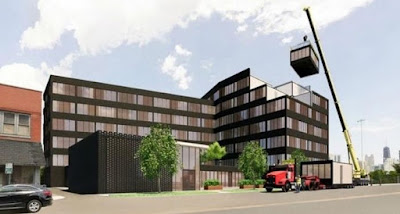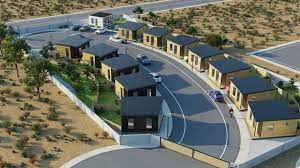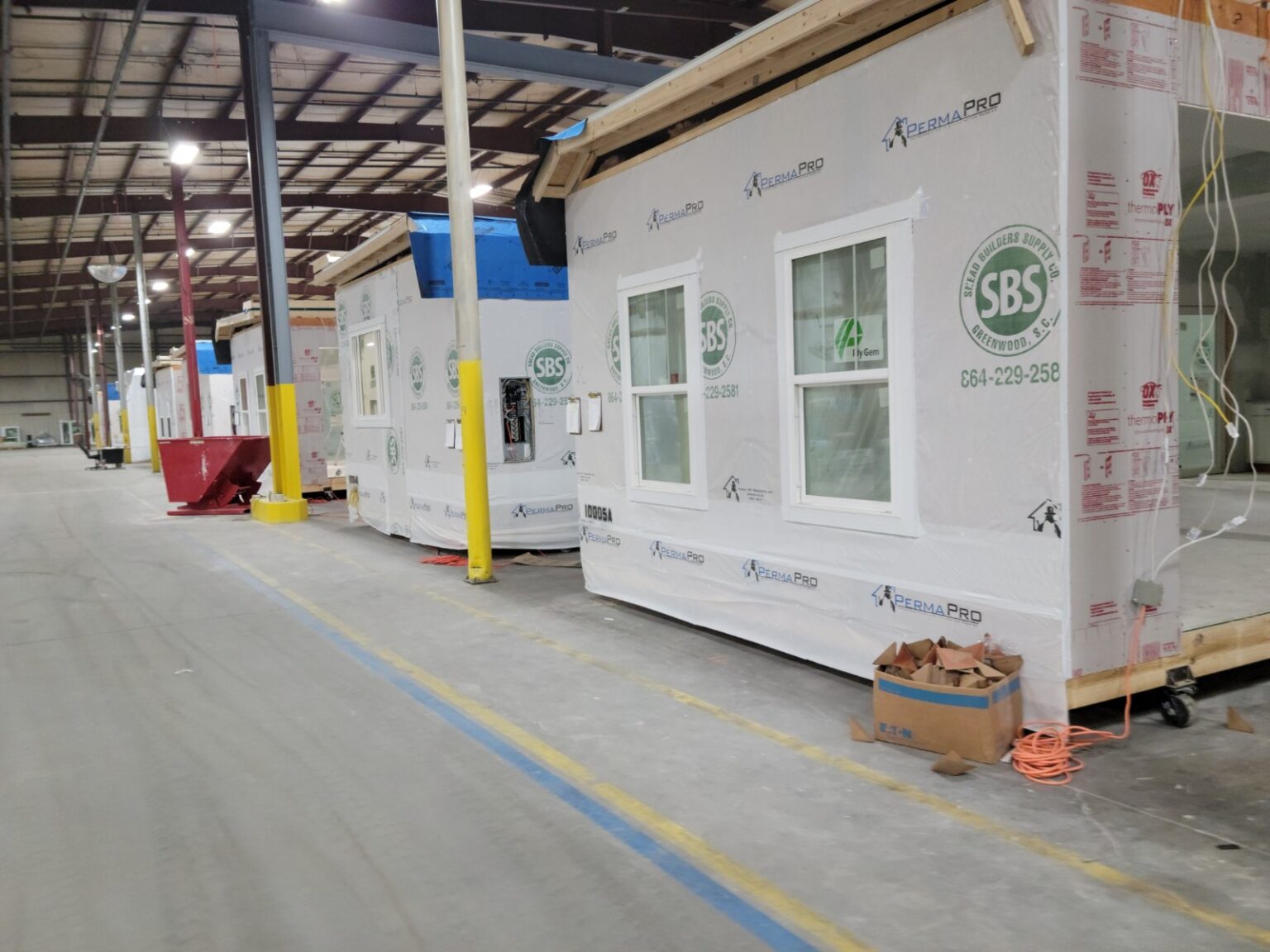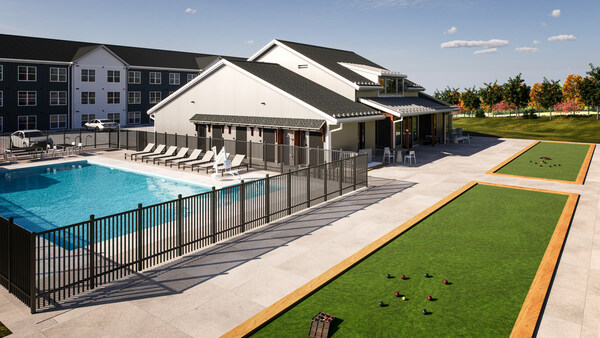There are so many “Experts” in off-site construction today, each armed with the software, app, or disruptive idea that will change how we build housing today, that it’s almost impossible not to see, read about or hear one telling you that by giving them tons of money, you can be the new leader in off-site housing.

It reminds me of a dozen blindfolded people trying to describe an elephant. It all depends on where you’re standing and what they touch. They all know it’s big but beyond that, there is no point of reference for them to collaborate on.

The person in the front may think he is touching an extra long tail as is the person at the back. Are those tree trunks or legs? And what’s with those long rock-like projections?
You get the picture. We all know something about modular construction but very few know it all. It all depends on your viewpoint.
You get the picture. We all know something about modular construction but very few know it all. It all depends on your viewpoint.
About four years ago, I invited a modular home “expert” to tour a modular factory with me. As he looked at the production line, he asked me when the steel frame gets added to the house. Turns out he had only toured two factories; both were manufactured home plants. I spent the rest of the tour explaining the differences to this off-site housing “expert.”
Fast forward to the present and I’ve encountered many more of these housing “experts” that had no idea what true modular manufacturing is all about. These same experts were speaking at events and conferences I was attending before COVID-19 and now on Zoom conferences and video interviews. You have to ask yourself what part of the elephant they touched before they spoke to their audiences.

The problem with this begins when they speak to a group of investors and developers that are so ready to drink whatever Kool-Aid these experts provide. I know very few speakers that have ever been in the trenches of modular construction. There are so many levels of knowledge and expertise needed, and most of them only know their small segment.
One of the first misperceptions is when the developer is told, usually by the expert along with the factory rep, exactly what they want to hear. Modular construction is cheaper by 25%, it’s finished in half the time, it is available whenever the developer wants it, etc. I know, this sounds like the perfect way to build a 5 story apartment building or hotel.
And it could be if it was reality. I know of no modular factory in the world that can shave 25% off the cost of a site-built project. That ship sailed a long time ago. And that part about taking half the time; who’s kidding who here? Yes, you will probably save some time but not by half unless you’re just counting the time from the modules arriving on the job site until the building is ready for occupancy.
And what about the part of getting it when the developer needs it? Let’s look at that. Factories can’t afford to set idle just waiting for the developer to secure permits, financing, tax credits, and code approvals, each of which can extend the lead time for producing the modules in the factory back weeks, months, or even years.
So the modular factory must accept whatever comes in their door, ready to begin the process. If a factory produces 15 modules a week and the project is 75 modules, that is five weeks, the production line is building nothing but that project.
Suppose that project gets delayed a week before going to the line because of a SNAFU with financing, zoning, etc. Can the factory wait for the developer to correct the problem? No, they are a business and building modules are their products and without products, they lose money. Lose enough money and they are forced to close their doors.
People have been asking me lately why would a modular factory go out of business when there are so many modular projects that need to be built? Now you know part of the answer.
Since there is no national network of independent modular factories that could easily shift the developer’s project to another factory, the project is delayed and the developer is stuck in the void.
So what is modular reality?
It’s the best way for investors, developers, and builders to construct everything from hotels, affordable housing projects, single and multi-family homes, ADU’s, tiny houses, workforce housing, and just about any other type of building.
But there are limitations and that’s the reality. Listening to those “experts” and planning your project around what they say may not be the best way to go.
Before you even begin talking to any modular factory about building your next project, you should take the time to find a consultant with the working knowledge and expertise of what modular reality is for your project. That reality is not always found by just talking to the factory people.
I recently learned that the engineering department at one modular factory turned down a developer’s project after the developer spent countless hours and many meetings talking about it with the sales and management side of the factory. They couldn’t build what the developer wanted, so he went back to using a site builder for the project.
Little did the developer know that another factory within a hundred miles actually has built similar projects, but since they didn’t use any consultant with modular knowledge, they missed the boat.
Here is more reality.
Modular construction can be slightly faster to complete, it can save you money and it will definitely give you a better product over site-building your project. It is also inherently more energy-efficient, greener and sustainable.
The modular factory becomes your partner in identifying problems and offering solutions before anything is even built. You can also visit the production line and watch as your modules are produced. Your groundwork and foundation can be completed at the same time your modules are being produced.
And let’s not forget the people that build the modules for your project. They actually show up every day! They also work in a stable environment and usually work in the same station on the production line where they hone their skills.
It was Winston Churchill that said, “Indeed it has been said that democracy is the worst form of Government except for all those other forms that have been tried from time to time.…”
That is also true for modular construction. It is the worst type of construction except for all those other types that have been tried from time to time.




